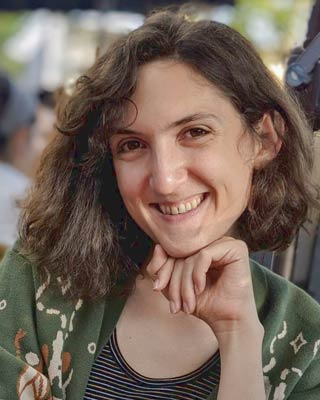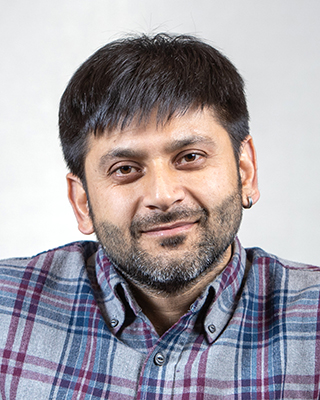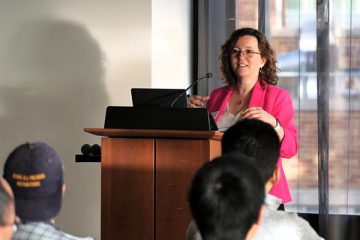Our researchers are driving innovation across the entire hardware, software and network stack to make computer systems more reliable, efficient and secure.
From internet-scale networks, to next-generation chip designs, to deep learning frameworks and more, we build and refine the devices and applications that individuals, industries and, indeed, entire economies depend upon every day.
Research Groups & Labs

Cryptography Research Group
The Cryptography Group advances the foundations and applications of cryptography, including public-key and symmetric cryptography, obfuscation, attribute-based and functional encryption, secure multi-party computation, quantum cryptography and more.

Interactive Data Lab
The Interactive Data Lab aims to enhance people’s ability to understand and communicate data through the design of new interactive systems for data visualization and analysis.
Faculty Members
Centers & Initiatives
The NSF AI Institute for Agent-based Cyber Threat Intelligence and Operation (ACTION) seeks to change the way mission-critical systems are protected against sophisticated, ever-changing security threats. In cooperation with (and learning from) security operations experts, intelligent agents will use complex knowledge representation, logic reasoning, and learning to identify flaws, detect attacks, perform attribution, and respond to breaches in a timely and scalable fashion.
MEM-C is a NSF Materials Research Science and Engineering Center that integrates materials innovations with theory and computation to advance spin-photonic nanostructures and elastic layered quantum materials, aided by an “AI Core” that integrates artificial intelligence-driven materials discovery.
Highlights
Allen School News
Allen School News
GeekWire









